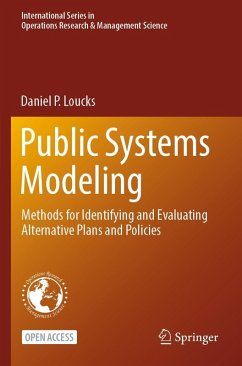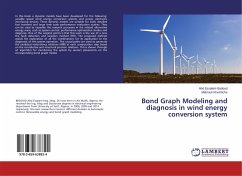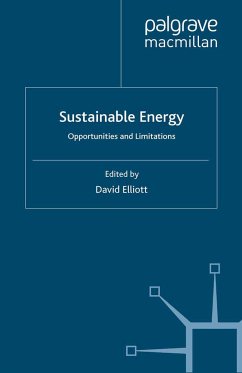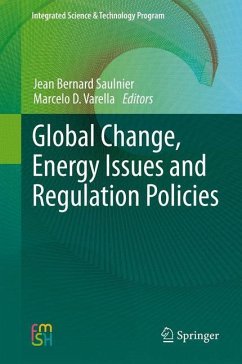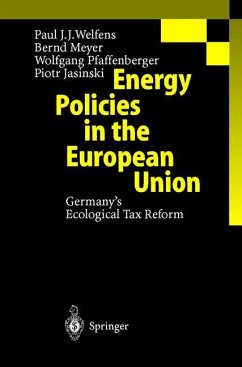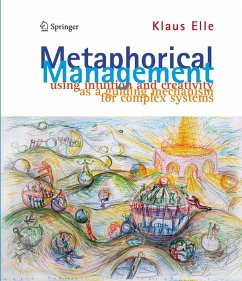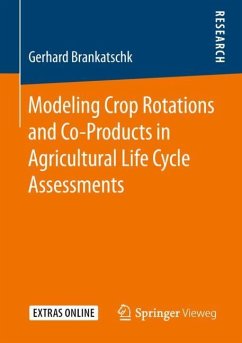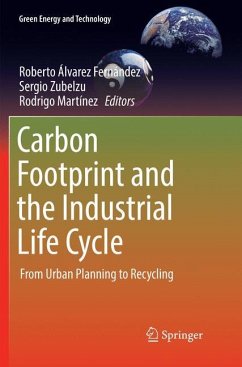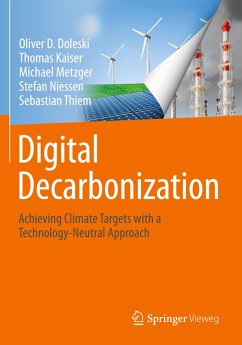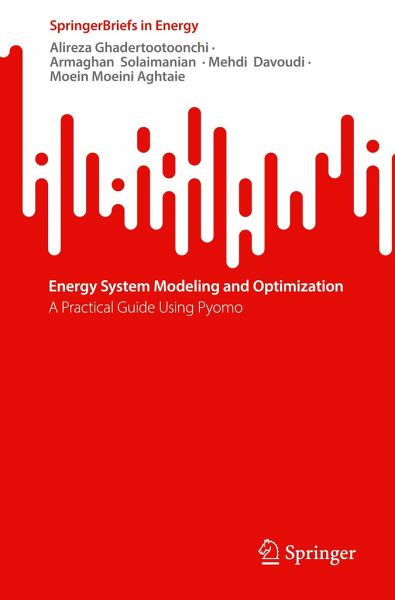
Energy System Modeling and Optimization
A Practical Guide Using Pyomo

PAYBACK Punkte
19 °P sammeln!
This brief serves as a comprehensive and practical guide to energy system optimization utilizing the Pyomo optimization package in Python. It thoroughly explains the mathematical foundations of energy system technologies and how to employ Pyomo for addressing optimization challenges. The book highlights the significance of energy system optimization in terms of economic and environmental impacts, followed by a detailed exploration of Pyomo, an advanced mathematical programming language. It covers a wide spectrum of problem types, introducing various open-source solvers and outlining the steps ...
This brief serves as a comprehensive and practical guide to energy system optimization utilizing the Pyomo optimization package in Python. It thoroughly explains the mathematical foundations of energy system technologies and how to employ Pyomo for addressing optimization challenges. The book highlights the significance of energy system optimization in terms of economic and environmental impacts, followed by a detailed exploration of Pyomo, an advanced mathematical programming language. It covers a wide spectrum of problem types, introducing various open-source solvers and outlining the steps involved in developing Python-based Pyomo code to solve optimization problems. Furthermore, the book provides mathematical formulations and Python code for diverse energy technologies, including thermal power plants, renewable energy sources like wind and solar, power transmission lines, and electricity storage systems. It also discusses topics like reliability, load loss, demand-side flexibility, and linearization techniques. To demonstrate practical application, the book offers a case study that progressively builds in complexity, guiding readers in optimizing intricate energy systems based on the models and constraints explained earlier. Targeted at professionals, researchers, and students, it is suitable for those with a foundational understanding of Python and mathematical optimization, and it underscores the crucial role of energy system optimization in addressing contemporary energy sector concerns such as environmental impact reduction and sustainable development.



